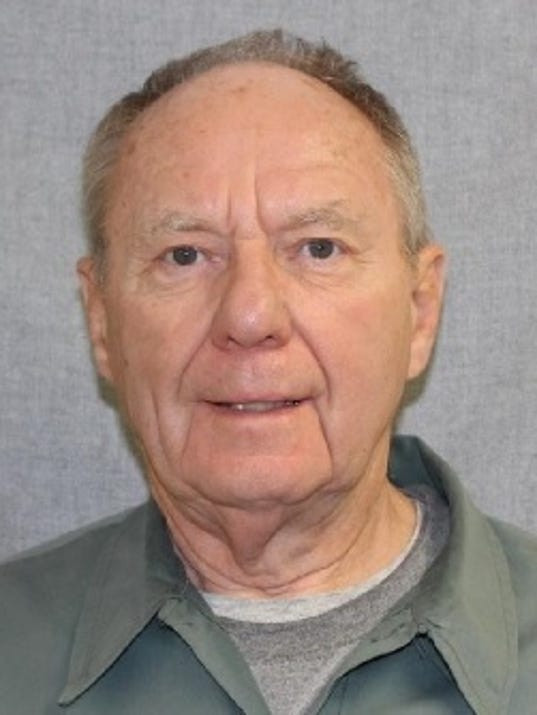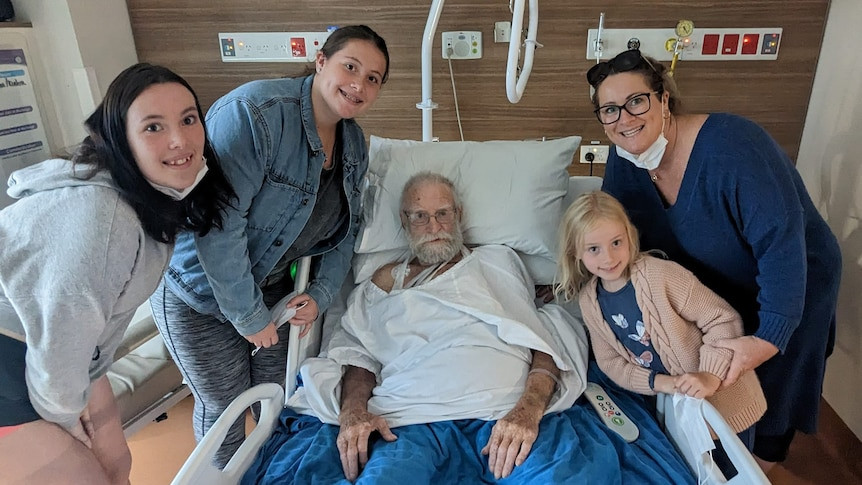Convicted Killer Granted IVF Access: A Nation Divided
A decision to allow Alicia Schiller, serving a sentence for the 2014 murder of her housemate, to leave prison for IVF treatment has ignited a firestorm of controversy across Australia. The public outcry highlights deep-seated ethical and societal questions about justice, rehabilitation, and the rights of incarcerated individuals. Schiller, now in her 30s, was convicted of stabbing her housemate to death and received a minimum 16-year sentence. Yet, authorities approved her request for self-funded IVF treatment at the Dame Phyllis Frost Centre, a decision that has left many reeling.
The Public Backlash: A Wave of Condemnation
The news triggered a wave of public anger and disbelief. High-profile commentators and media outlets voiced their outrage, echoing the sentiments of many Australians. Tom Elliott, a prominent 3AW radio host, described the decision as “utter madness,” expressing incredulity at the prospect of providing resources to a convicted murderer for procreation. The public's emotional response reflects a widespread belief that providing such privileges to a murderer trivializes the gravity of the crime and shows a disregard for the victim's family. The sheer volume of public criticism underscores the sensitivity surrounding the issue. Online forums and social media platforms are abuzz with discussions expressing anger, frustration and moral outrage. Many feel this contradicts justice principles.
The Victim's Family's Response
The family of Alicia Schiller's victim, Alicia Schiller, is reported to be deeply shocked and angered by the decision, further fueling public outrage. Their anguish highlights the profound impact of the crime, and their feelings are understood by many across Australia. The focus of the media coverage has now shifted towards addressing the concerns and considerations of the victim’s family, who deserve acknowledgement and support.
The Prison System's Response: Justification and Procedures
Authorities have defended their decision, citing procedures that allow for inmates to access external healthcare appointments. They emphasize that Schiller's case was carefully considered, however, the lack of transparency in the review process has only exacerbated public distrust. The approval raises complex questions about the balance between the rights of prisoners and the interests of society, specifically the principles of rehabilitation versus retribution within the penal system. The rationale underlying the decision, while possibly justified under existing regulations, lacks widespread support from the public.
IVF and Prison Life: Logistical Challenges
The practical logistics involved in providing IVF treatment to an incarcerated individual add another layer of complexity to this case. Schiller will be escorted to and from appointments, posing security challenges and necessitating specific protocols to be implemented by prison authorities. It is understood that the child’s welfare and the care plan involved are meticulously detailed, aiming to balance the needs of the child and the demands of the judicial system. The child, initially under Schiller’s care, would subsequently be placed with her mother at age five.
A Deeper Look into the Ethical Considerations
This situation has sparked a larger debate concerning ethical considerations within the prison system. The clash between rehabilitation and retribution is apparent. The legal and ethical questions are far-reaching; the issue extends beyond individual cases. We must ask whether providing IVF treatment to a convicted murderer encourages a certain degree of leniency in the system, potentially setting a precedent. The case underscores the need for a more transparent system and clearer guidelines, engaging the public to ensure future decisions are made with greater accountability and responsiveness.
Examining the Precedent
The decision could set a significant precedent, raising questions about the availability of similar services for other prisoners. The unique circumstances of Schiller’s case highlight the need for robust and transparent guidelines to ensure future decisions are consistent and ethically sound. It also highlights the need for a broader review of the legal framework regulating the provision of healthcare services to incarcerated individuals.
Moving Forward: The Need for Dialogue and Reform
This case highlights the urgent need for a national dialogue on the balance between prisoner rights and public safety. The outrage underlines the requirement for a transparent, ethically sound, and publicly acceptable process for determining access to specialized healthcare services for prisoners. The outcry is a stark reminder that the legal and ethical considerations must always be sensitive to the victim and their family, and that the justice system should strive for a balance of restorative and retributive aspects. This event calls for a broader discussion on the responsibilities of the penal system and the potential reforms needed to improve transparency, accountability, and ethical considerations within such contexts.
The intense reaction to this case necessitates a thorough review of policies and procedures related to healthcare provision for prisoners. Future decisions should take into account the complex factors of ethical considerations, public sentiment and the need to safeguard victim's rights. This case, undoubtedly, will shape future discussions and policy developments surrounding healthcare and imprisonment. The complexities of this case will continue to be debated for many years to come.


















